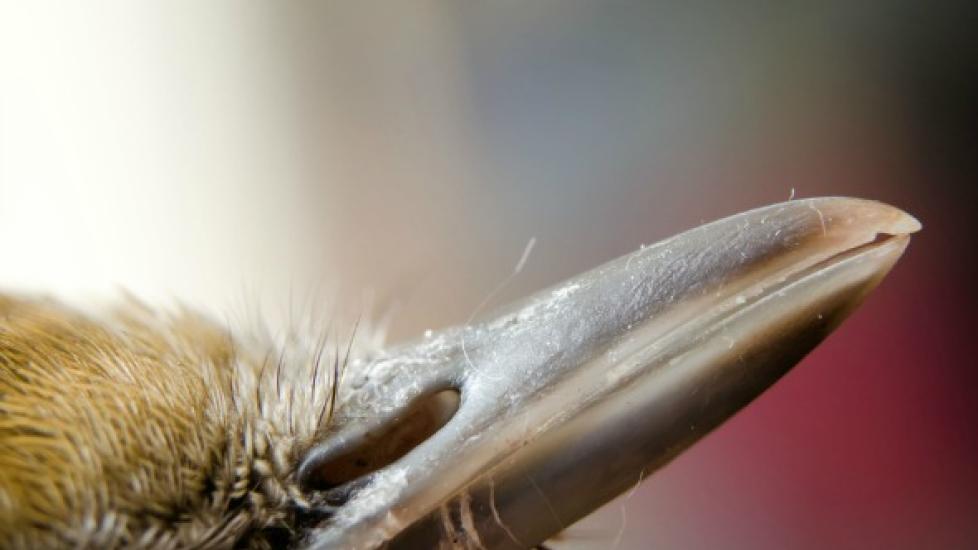Respiratory Tract Infection in Birds
Avian Aspergillosis
Airway and respiratory tract diseases are very common in pet birds. One such disease commonly is Aspergillosis, which is a fungal infection of the bird's respiratory tract.
Symptoms and Types
The symptoms of the disease are dependent on the form of the infection. For birds, the fungal spores lodge in the air sacs of the lungs. But, it can also involve the bronchi, trachea, and syrinx (voice box) of the bird. If not treated quickly, Aspergillus can even spread to other organs. There are two forms of Apergillosis disease found in birds.
- Acute Aspergillosis occurs in young and newly imported birds. It is severe and of short duration. Birds will have a lack of appetite, breathing difficulties, and if not treated in time, the infected bird may die. When the air sacs get inflamed, the problem is called airsacculitis. A veterinary examination will find a bird's lungs and air sacs congested with white mucus; the lungs may also have nodules.
- Chronic Aspergillosis occurs in older, captive birds. Infection occurs over a long time and birds will shows signs of listlessness, depression, weakness, and will have trouble breathing. The symptoms will only become apparent after the infection has been present in the lungs for some time. The changes and problems for these birds are severe, and may be permanent. There may be bone changes and a misshaping of the upper respiratory tract -- nose, trachea, and syrinx. The lungs will be severely damaged, due to the long-term infection, and it can easily be spread to other organs and systems. If the central nervous system becomes infected, the bird may show tremors, loss of coordination and paralysis.
Shop Bird Products
Causes
Aspergillosis disease is caused by the fungus Aspergillus, and its spores are what cause respiratory problems in birds. The fungal spores can be present in contaminated food, water, nest boxes, incubators, other nesting material, and unventilated areas. However, birds can also catch the infection from the environment.
Fungal infection is common in birds with vitamin A deficiency, malnutrition, stress and in various other weakened states. The fungal spores enter the bird's lungs and are especially infectious when the bird's immunity is low.
Treatment
After proper diagnosis (and if treated early), the veterinarian can cure Aspergillosis disease with anti-fungal drugs. And because the symptoms of this disease are similar to other respiratory infections, you must be vigilant and take your bird to the veterinarian if any of these symptoms become apparent.
Prevention
Aspergillosis disease in birds can be prevented with a few simple precautions: you should maintain good hygiene, nutrition and ventilation for your bird.
